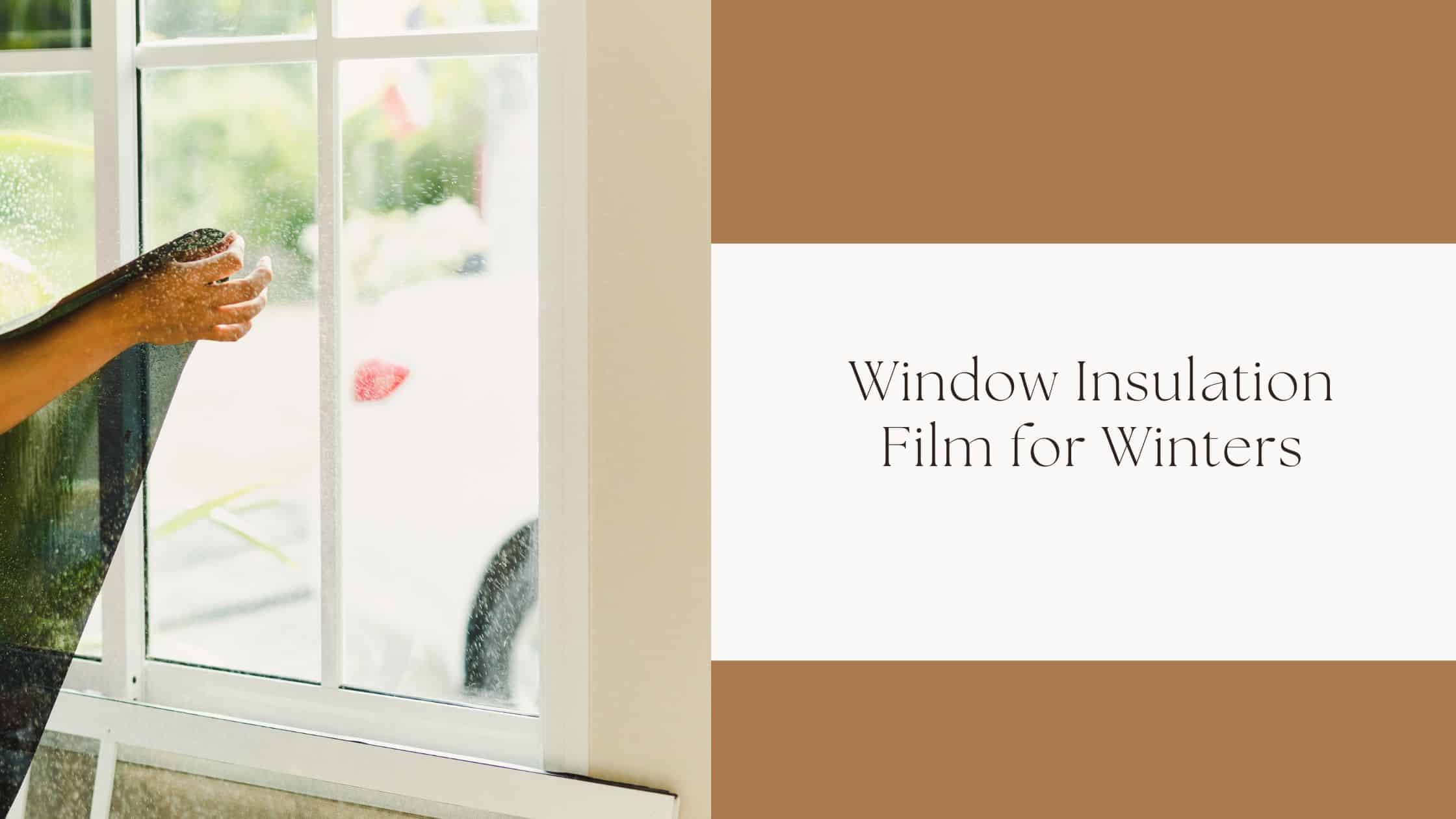Introduction
As the temperature rises outside, it can be a challenge to keep your home cool and comfortable. One of the main culprits of heat gain is the windows in your home. In this post, we will discuss several methods to reduce window heat and keep your home cooler.
1. Window Film
Window film is a thin layer of material that is applied to the surface of your windows. It works by reflecting and absorbing heat from the sun, reducing the amount of heat that enters your home. Here are some pros and cons of using window film:
Pros:
- Relatively affordable
- Easy to install
- Blocks UV rays upto 99%, reducing fading of furniture and flooring
- Can improve energy efficiency, reducing cooling costs
To install window film, follow these steps:
- Clean the surface of your windows thoroughly
- Cut the film to fit the size of your windows
- Apply a spray solution to the surface of the window
- Carefully place the film on the window and smooth out any air bubbles
- Use a squeegee to remove any excess water and air bubbles
2. Solar Shades
Solar shades are a type of window covering that is designed to block heat and UV rays from entering your home. They are made of a special fabric that allows you to see outside while still providing privacy and reducing glare. Here are some benefits of using solar shades:
- Blocks up to 90% of heat and UV rays
- Can improve energy efficiency, reducing cooling costs
- Provides privacy and reduces glare
- Enhances the appearance of your windows
To choose the right solar shade for your home, consider the following factors:
- The amount of sunlight your windows receive
- The level of privacy you require
- The desired level of light filtration
- The style and color of the shade
3. Insulation
Proper insulation is essential for keeping your home cool in the summer and warm in the winter. It helps to reduce heat transfer through walls, floors, and ceilings, keeping the temperature inside your home more consistent. Here are some types of insulation to consider:
- Fiberglass: Made of tiny glass fibers and is one of the most common types of insulation. It is affordable and easy to install.
- Spray foam: Made of a liquid that expands to fill gaps and crevices. It is more expensive but provides excellent insulation.
- Cellulose: Made of recycled paper and treated with fire retardant. It is eco-friendly and provides good insulation.
To insulate your home, consider hiring a professional or follow these DIY tips:
- Seal any gaps or cracks in your walls, floors, and ceilings
- Install weatherstripping around doors and windows
- Add insulation to your attic, walls, and basement
4. Landscaping
Landscaping can also play a role in reducing window heat. By strategically planting trees and shrubs, you can provide shade and reduce the amount of heat that enters your home. Here are some tips for using landscaping to reduce window heat:
- Plant deciduous trees on the east and west sides of your home to block the sun during the hottest parts of the day
- Plant shrubs and bushes near windows to provide additional shade
- Use trellises and vines to shade walls and windows
- Use light-colored materials for walkways and patios to reduce heat absorption
Conclusion
Reducing window heat is an important step in keeping your home cool and comfortable during the summer months. Window film, solar shades, insulation, and landscaping are all effective methods to reduce heat and radiation.




